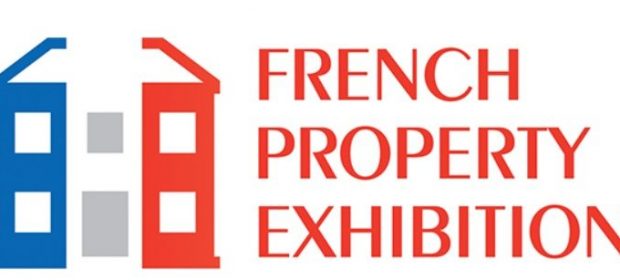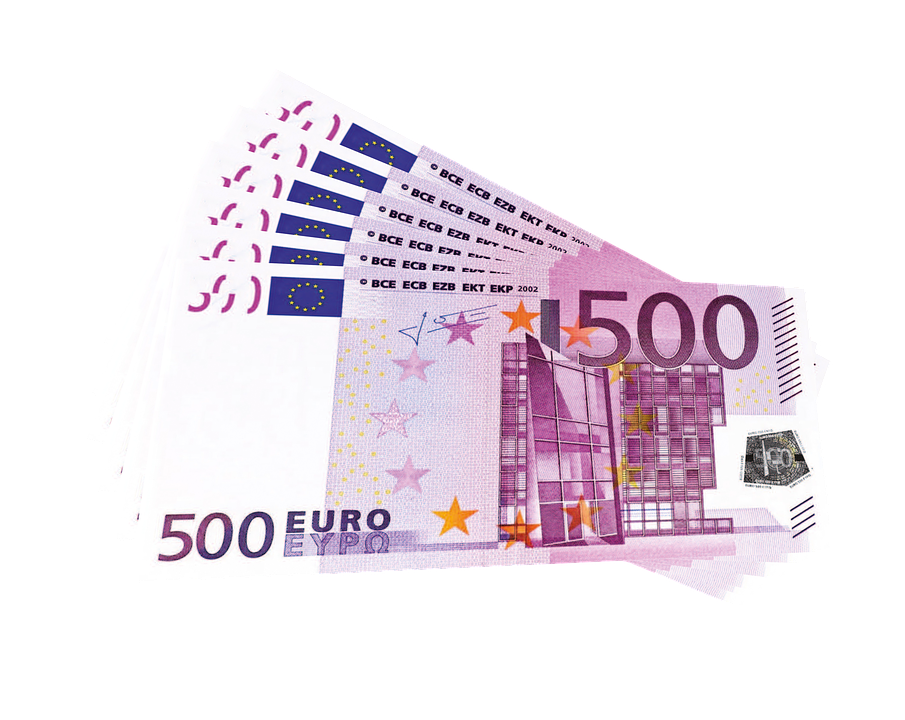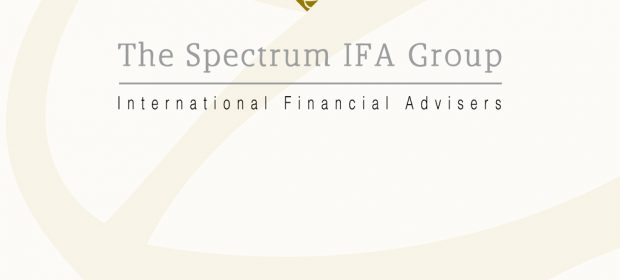
29.08.18
Spectrum International Mortgages at
The French Property Exhibition,
Olympia London, 15th – 16th September 2018
Spectrum International Mortgages is pleased to be exhibiting at The French Property Exhibition on the 15th and 16th September. Established over 25 years ago, this event is a ‘must attend’ for anyone who is serious about buying a property in France and is one of the UK’s most popular and long-running overseas property shows.
The show is the perfect opportunity to find out more about buying your dream home, with experts on hand to offer practical advice on a range of issues, from mortgage, tax, legal and investment matters, to guidance on wills, estate planning, pensions, currency transfers and more.
We are located at Stand 30, where our independent advisers and specialist mortgage representatives, all of whom live and work in France, will be available to answer questions and outline how we can help.
Event details are published on-line in advance of the show, giving you time to plan your day and ensure you get the most out of your visit. All sessions are free to attend, with tickets available on a first come, first served basis.
All visitors receive a complimentary copy of French Property News on arrival and a free show guide. Register for free fast-track entry now!
To book FREE tickets to the 2018 Olympia London event on the 15th & 16th September 2018, please click here.
We look forward to meeting you at stand 30.

24.08.18
At Spectrum International Mortgages, we always have clients asking us questions. Recently the subject of inflation in a mortgage context has been coming up a lot.
Inflation, I have observed, has mostly negative connotations, and for savers this is for a good reason. If we look on Wikipedia, the definition of inflation is the following:
“In economics, inflation is a sustained increase in the price level of goods and services in an economy over a period of time. When the price level rises, each unit of currency buys fewer goods and services; consequently, inflation reflects a reduction in the purchasing power per unit of money”
So, how does that translate if you are interested in purchasing a property and setting up a mortgage?
Well, if a person buys a house with a €100,000 mortgage, the original loan amount will lose value over time in terms of purchasing power. That €100,000 will not have the same worth in the future.
Using a future inflation calculator, we can get an idea of what that original mortgage balance will actually be worth in purchasing power in 10 or 15 years. Assuming a 3% annual inflation rate, the €100,000 loan balance would only be worth about €74,000 in 10 years; in 15 years, it drops to about €64,000. This means your loan balance will not cost you as much in future Euros.
Therefore, if you still have most of that mortgage balance a decade from now, it will not be as much of a financial burden. After all, as time erodes the value of money, what is left of the €100,000 debt will not have the same value it once did.
In other words, paying it off in the future will be easier. In addition, as inflation rises, so too should salaries (in theory), so if you are making more money and Euros are worth less, that €100,000 balance will be easier to deal with. With more money in your pocket, and a fixed mortgage payment that has not changed for a decade or longer, you will be looking at even more affordable monthly payments.
For example, a €1,000 monthly mortgage payment 10 years from now will only cost about €750 in real terms, taking into account the value of money.
This is why trying to pay off your mortgage early and as quickly as possible may not be as attractive as you think it is. It could actually make much better sense to put the available money into an investment, for example, to fund your retirement.
The prospect of inflation does not necessarily mean you should be planning on having mortgages forever, but with mortgage rates currently very low and inflation as a factor to take into account, it can be a smart move to think twice before you pay it off entirely instead of doing something more constructive with the money.
Note that this scenario is assuming a fixed rate mortgage, so you lock in at the current low rates. As inflation increases, interest rates will rise to combat it, meaning higher rates on variable rate mortgages (and all other types of loans). Therefore, depending on the timeframe of your project and your risk profile, securing a fixed rate mortgage today could be a wise move.
Should you have any queries on the subject discussed in this article, please feel free to contact us at any time.
By Bérangère Chabenat at Spectrum International Mortgages in France







